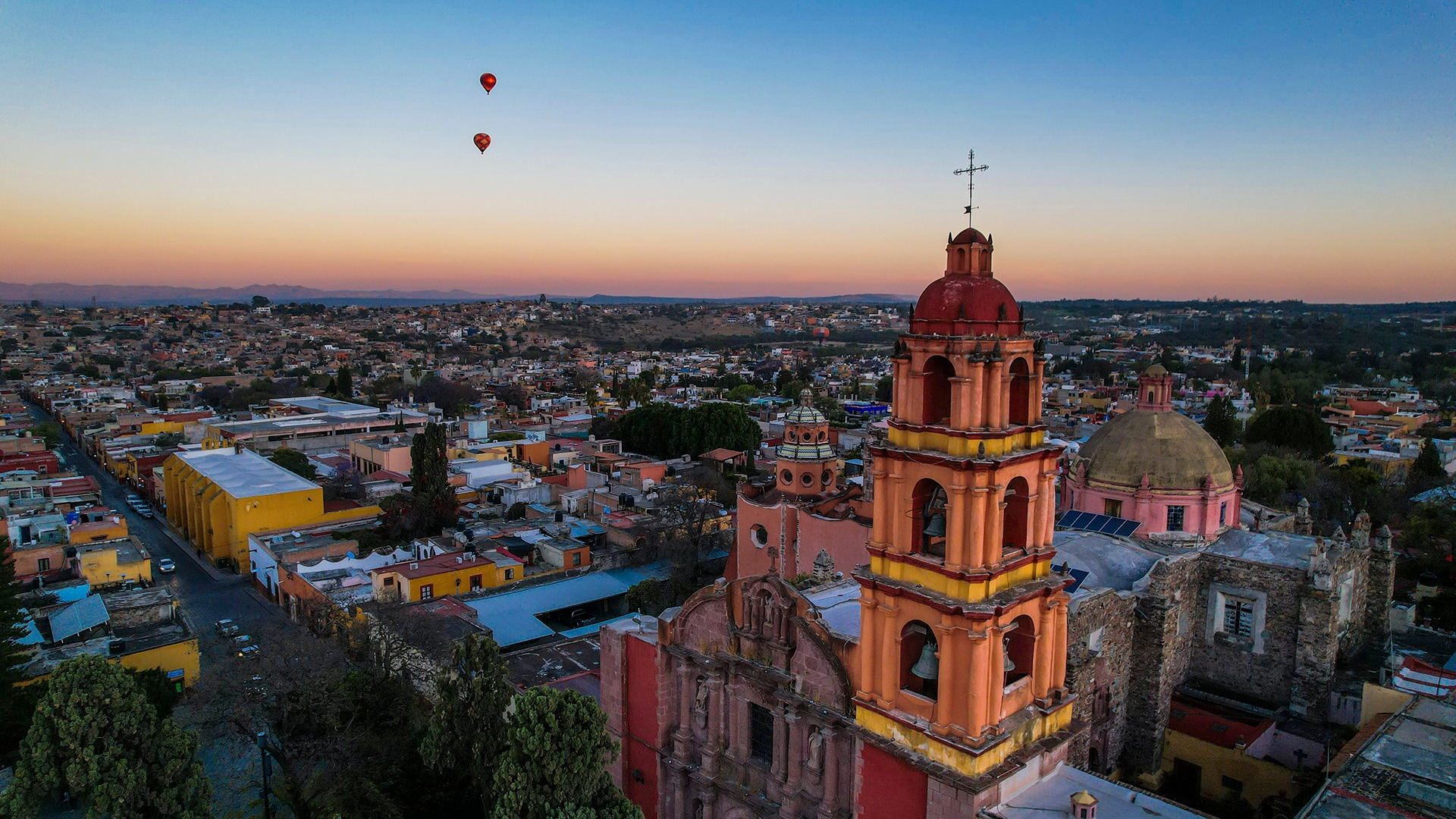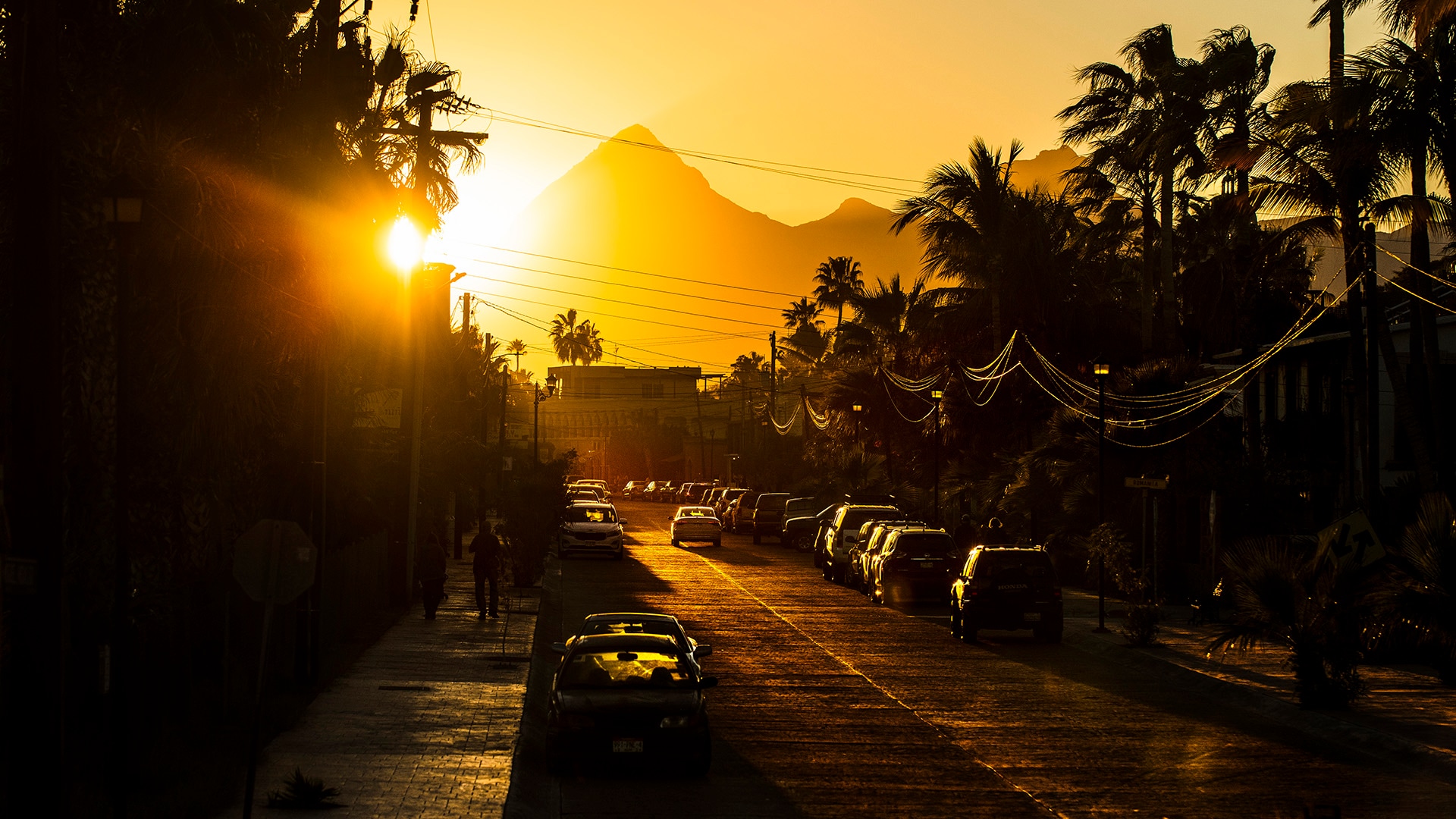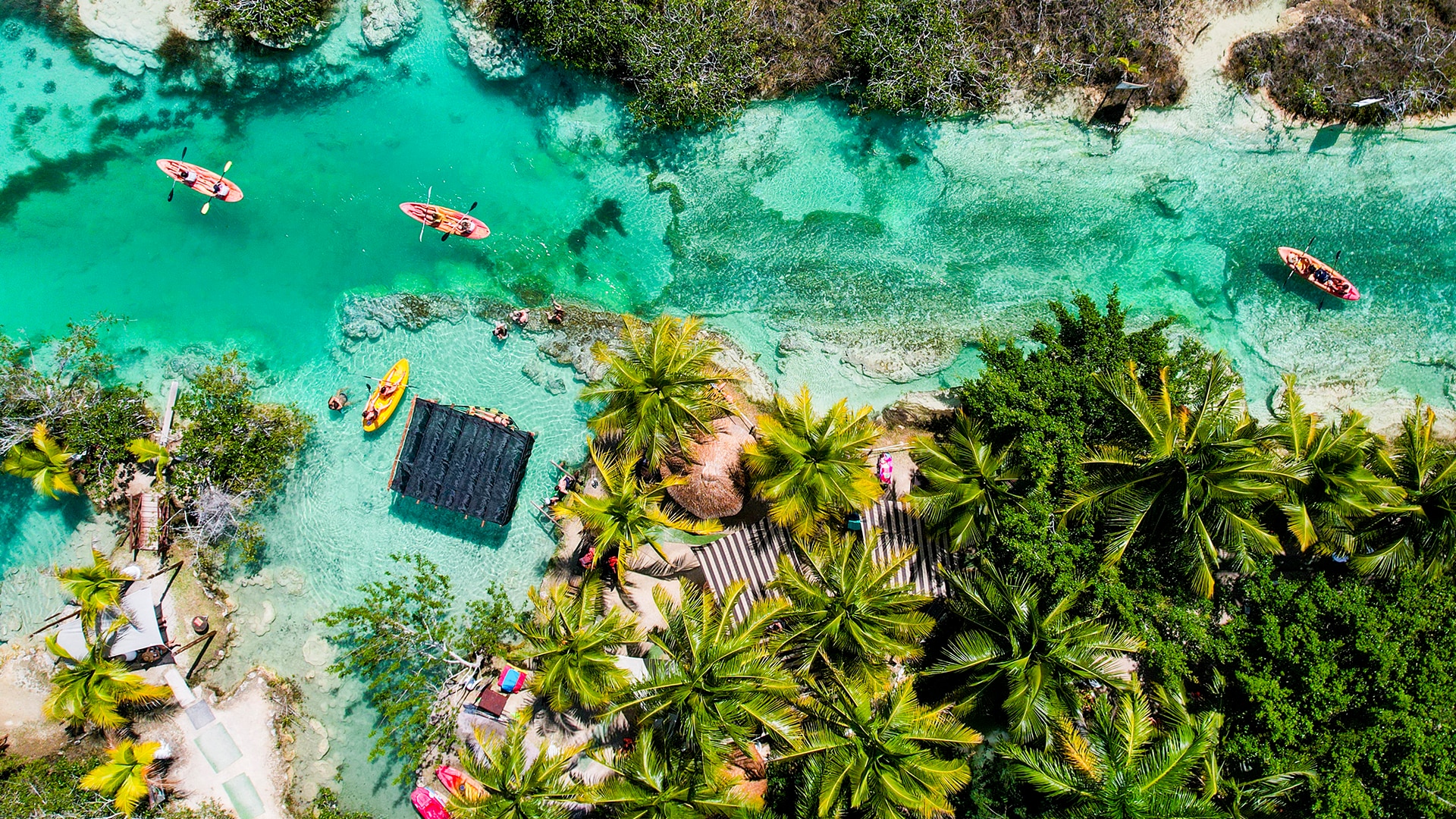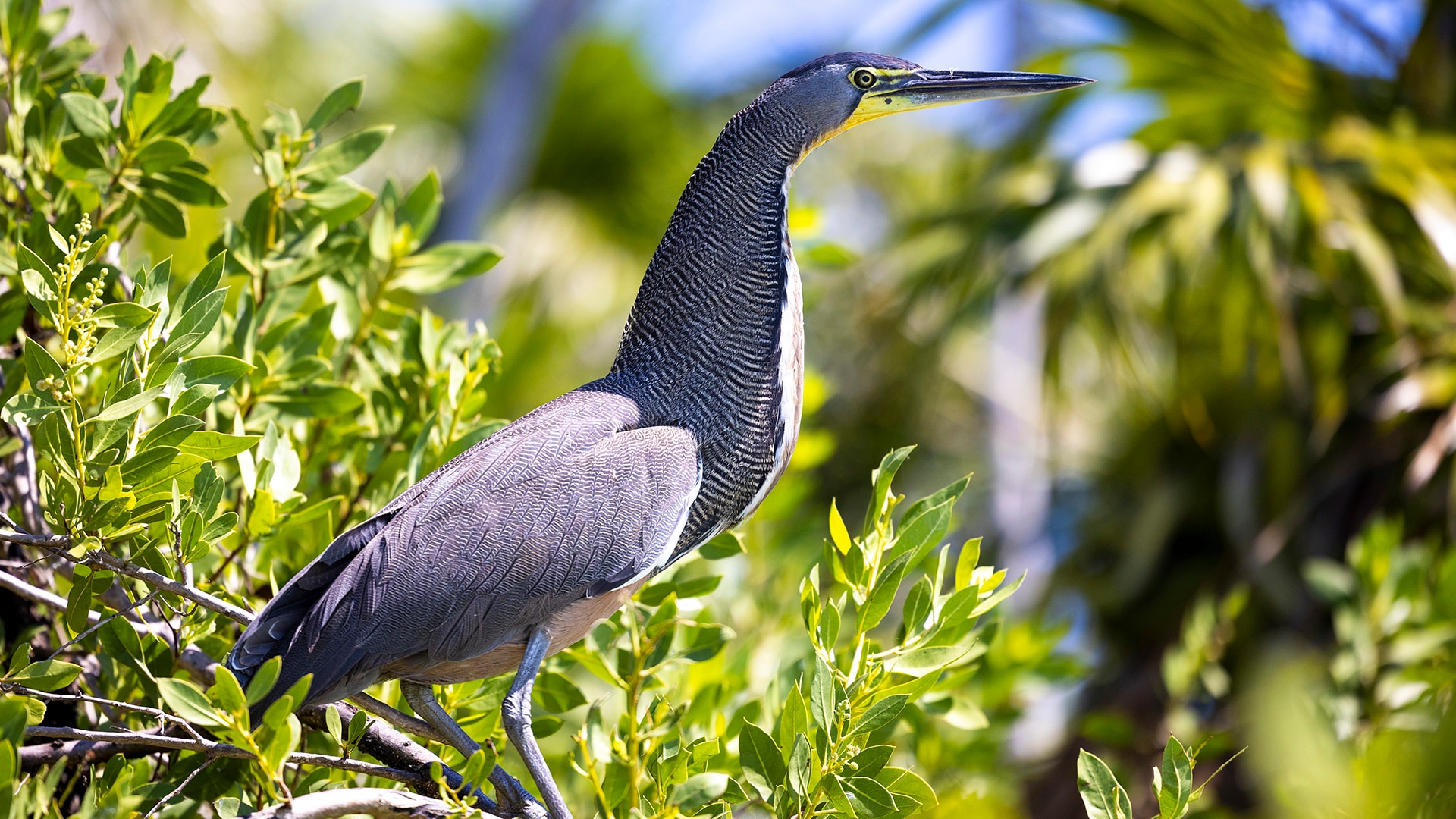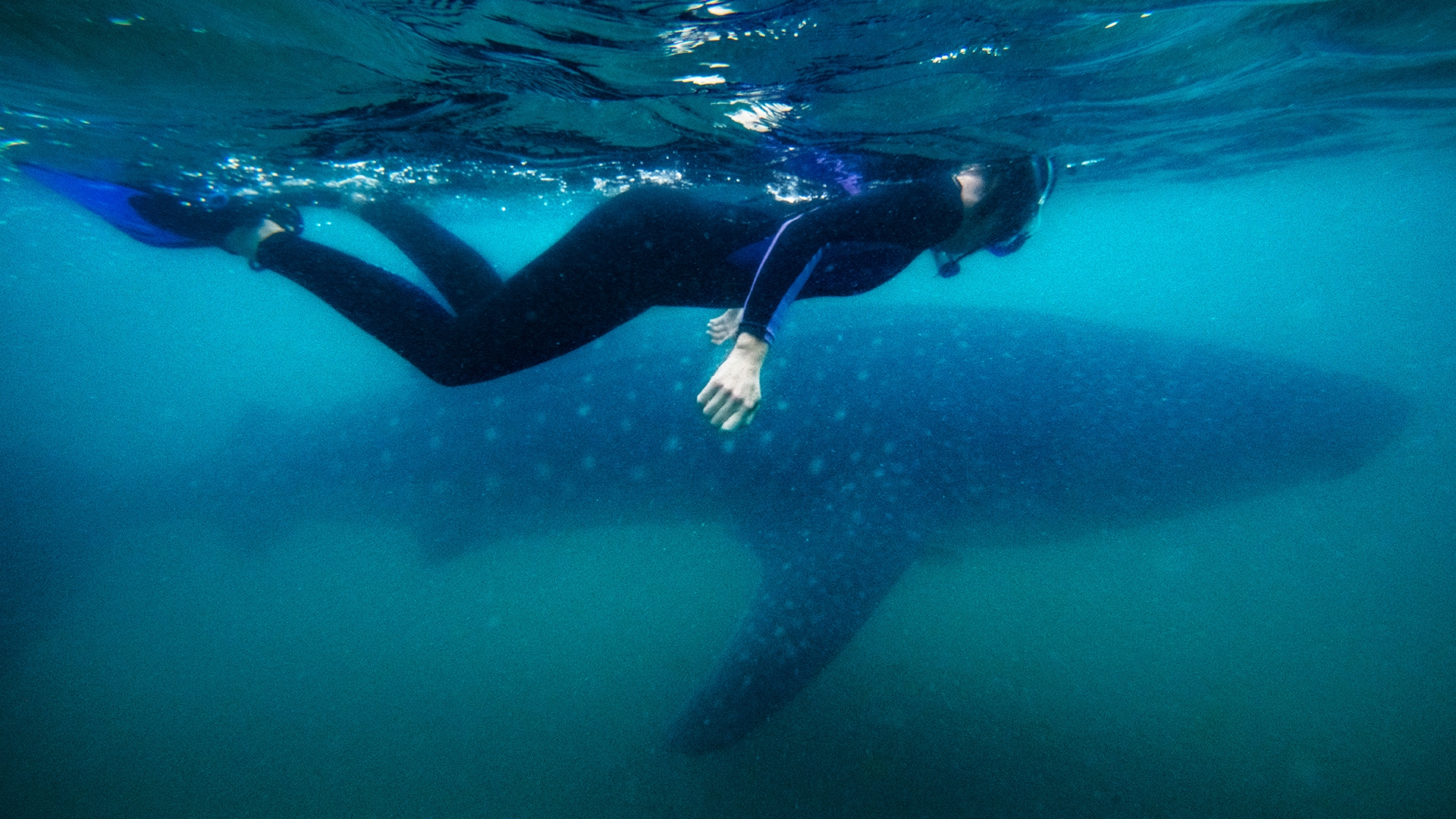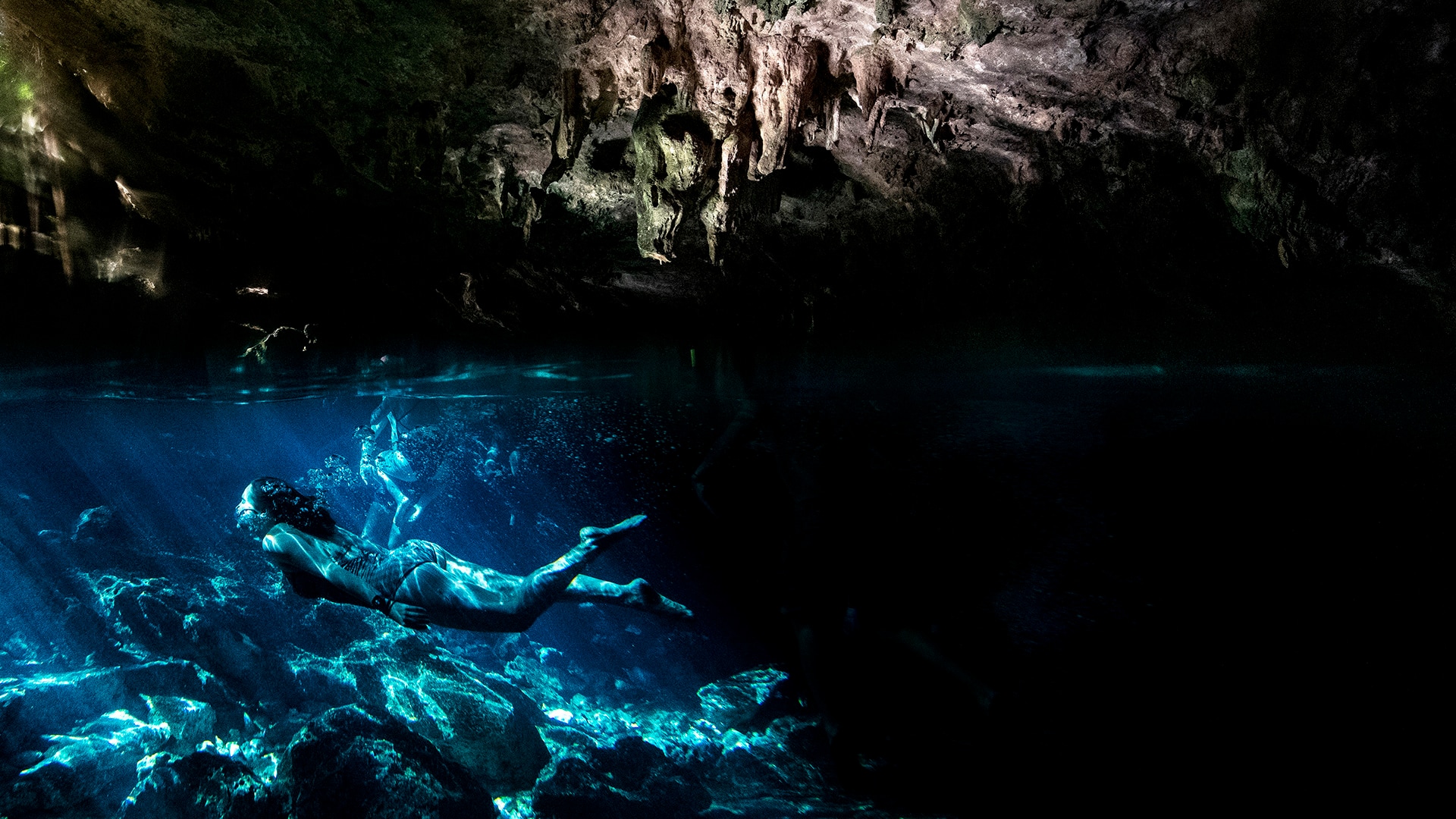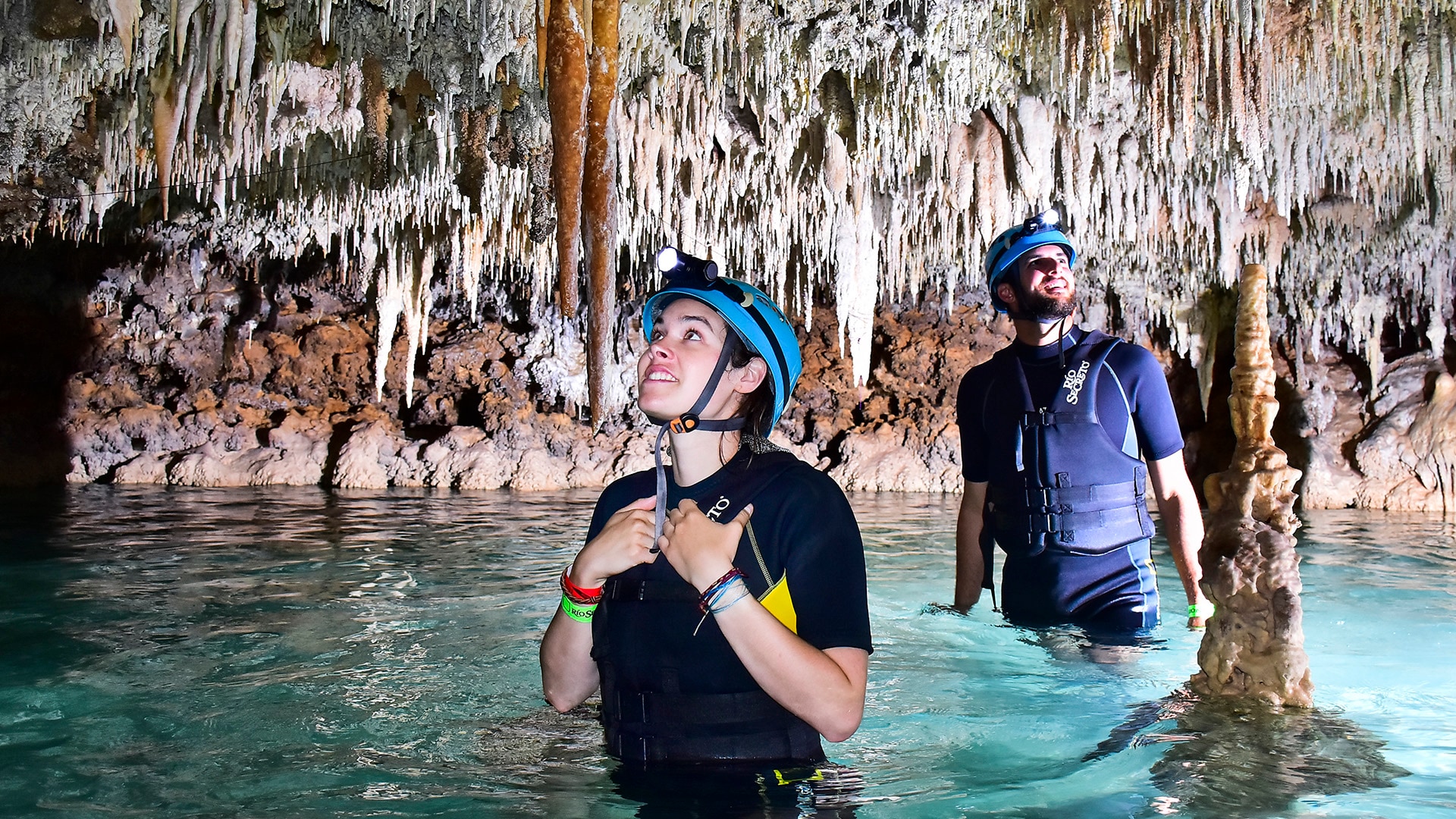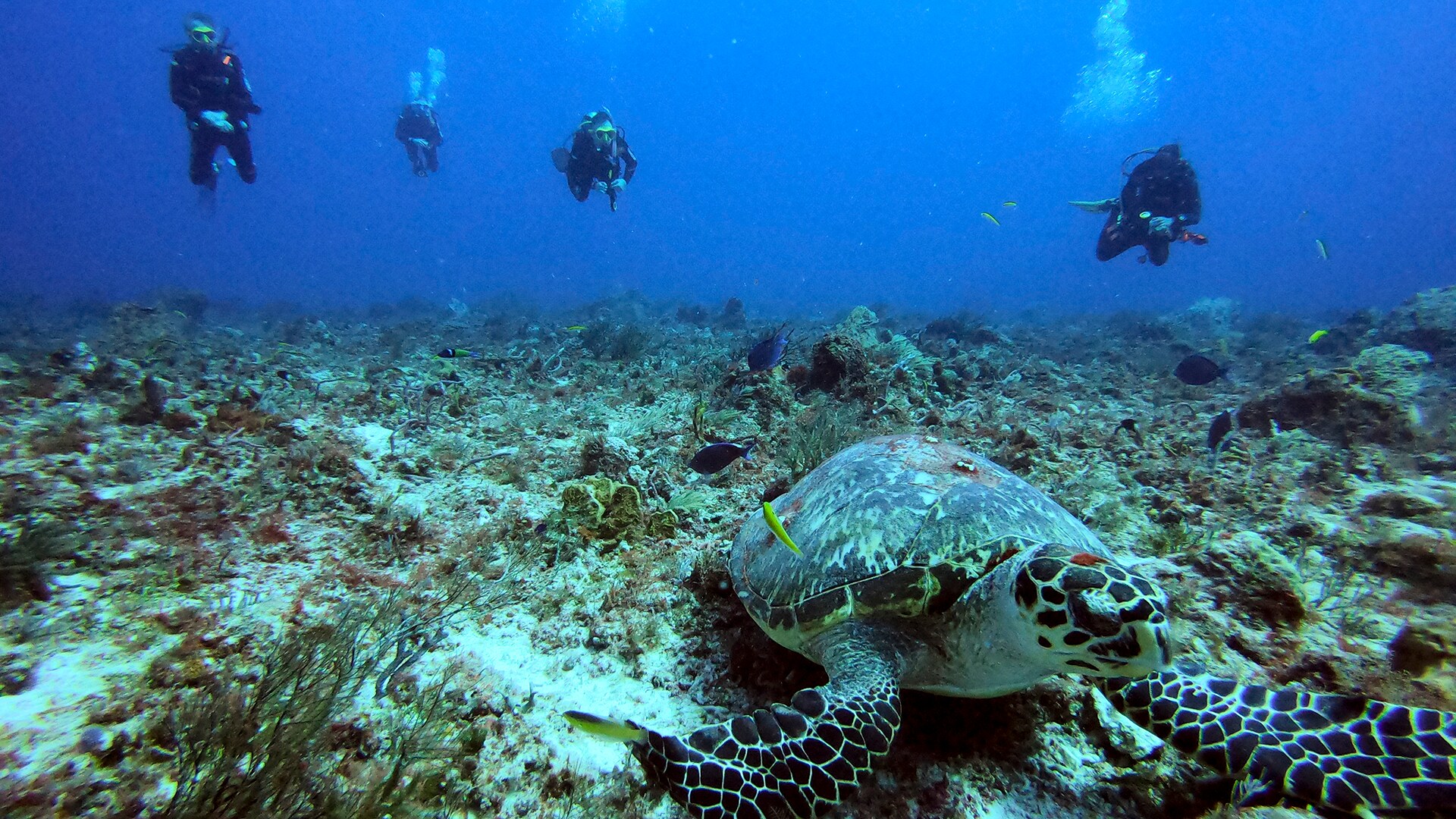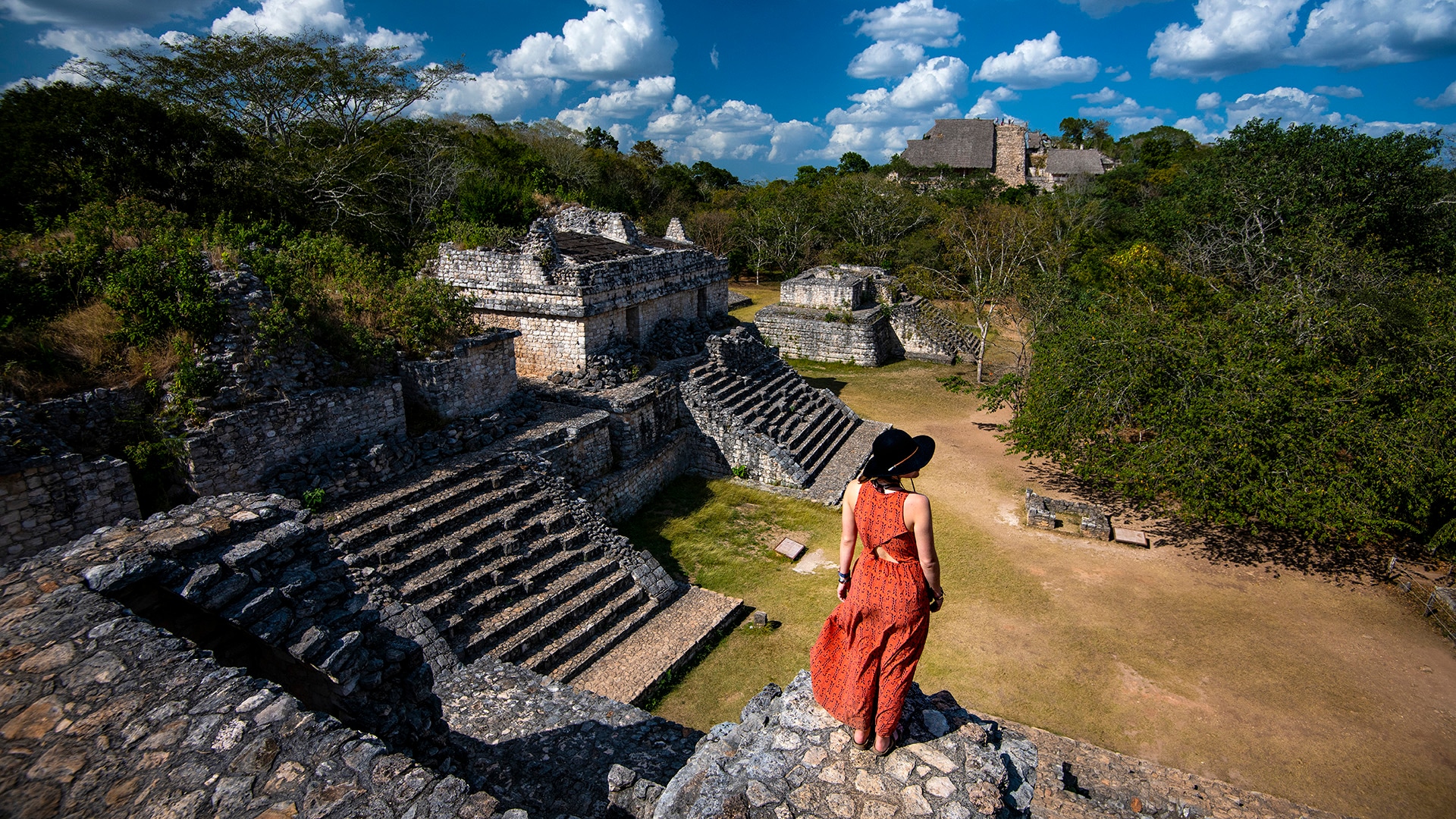Crossroads of Terlingua

The Terlingua Cemetery is still used today.
Story and photos by Charles Williams
Charles is the editor for Pursuits with Enterprise. Email the author.
Ghost town’s heartbreak creates colorful characters.
Ghost towns represent dreams gone awry.
Around 1890, Terlingua, Texas, became a beacon of hope for a dusty region that had none.
Ore was discovered, which led to the extraction of mercury. As Europe prepared to fight World War I, the demand for the chemical used in explosives created a boom.
But inevitably, booms become busts, and after the war, the town started a slow descent into obscurity.

Starlight Theatre

Dogs roam near La Posada Milagro.
Drawn to the mines in search of a better life, many workers — mostly Mexican miners — died from the Influenza pandemic of 1918-19. Nowhere is Terlingua’s history and heartbreak more evident than in its cemetery. Decaying wooden crosses jut from the ground, and scattered mementos — rag dolls, beer bottles, candles — pay homage to the departed, including many from recent decades.
Howard E. Perry established the Chisos Mining Company in 1903, and his dilapidated house on top of the hill now welcomes travelers. So does the decaying St. Agnes Church. All around, visitors will notice the crumbling vestiges of Terlingua’s heyday. But what is less tangible is the feeling experienced walking around town — a sense that the past is still colliding with the present.

The sun rises on the buttes.

Terlingua, Texas ghost town
"Accommodations are unique and range from teepees to Airstream trailers to stone casitas."
Although Terlingua may be down, it’s not dead. The 2010 census counted 58 souls who keep the crossroads alive for travelers, mostly through places to stay, funky art shops and an annual chili cookoff that draws 5,000 “chiliheads.”
Accommodations are unique and range from teepees to Airstream trailers to stone casitas. But in Terlingua, less is more, and the price you pay to stay in the ghost town might scare some travelers. I stayed at La Posada Milagro, a stone casita that has great views of the town and surrounding buttes.

Art gallery in Terlingua
Lively Music
Several bars provide nightlife but the Starlight Theatre draws the biggest crowds. Here, vagabonds, locals and people unable to secure reservations in Big Bend National Park eat award-winning Terlingua chili and swap tales.
I crossed paths with three 20-somethings who were traveling in a VW minivan, hell-bent on seeing the world and uncaring about society’s expectations. One was a climber, intently focused on his next life-threatening experience. One had worked in the mines near Port Hedland, Australia, a speck of a town I have visited but most people have never heard of. The other was from Connecticut and was “doing a loop” around the country in no particular path or rush.
On that night, the band "The Muse & eye" provided the soundtrack for their stories of adventure. The group consists of Sarah Dial Primrose and Russell Clepper, who describe their music as “flatland folk, buffalo grass and vague country.” Residents of Langley, Washington, they’re two troubadours who also are drifting through.
The next morning I rose to watch the sun break over the Chisos Mountains; it was time to leave the ghosts to the past.
For no reason, a stray black dog seemingly appeared at every turn. He might have been lost, or he might have been like the rest of us — just passing through on the journey.

The Muse & eye perform.
Terlingua, Texas
Related
Read more stories about Mexico road trips.
- Explore Food, Art and Architecture in Mexico City
- Road Trip to San Miguel Mexico
- Every Hour Is Golden in Mexico’s Loreto
- The Hidden Gems of Mexico’s Yucatán Peninsula
- Wild Mexico
- Meeting Wildlife Face to Face in the Sea of Cortez, Mexico
- Sinkholes and Underwater Caves Rival Tulum’s Caribbean Beaches
- Tour Mexico’s Río Secreto, an Underground River
- Yucatan Peninsula Beaches
- Weekend Getaway From Mexico City to See Butterflies
- Weekend Getaway to Mexico’s Playa del Carmen
- Todos Santos: A Colorful, Seaside Town in Mexico
- Must-Visit Mayan Ruins Near Cancun










